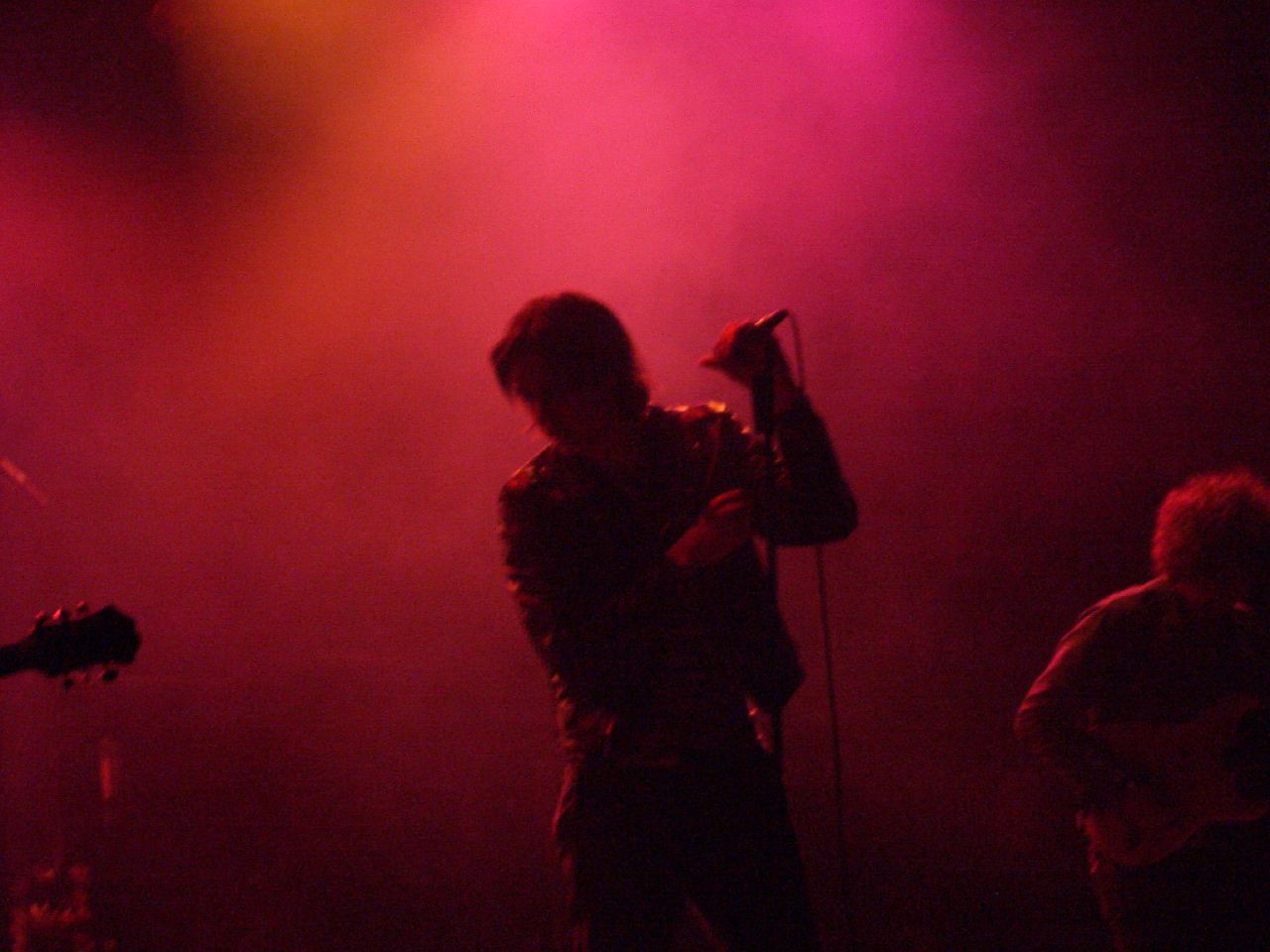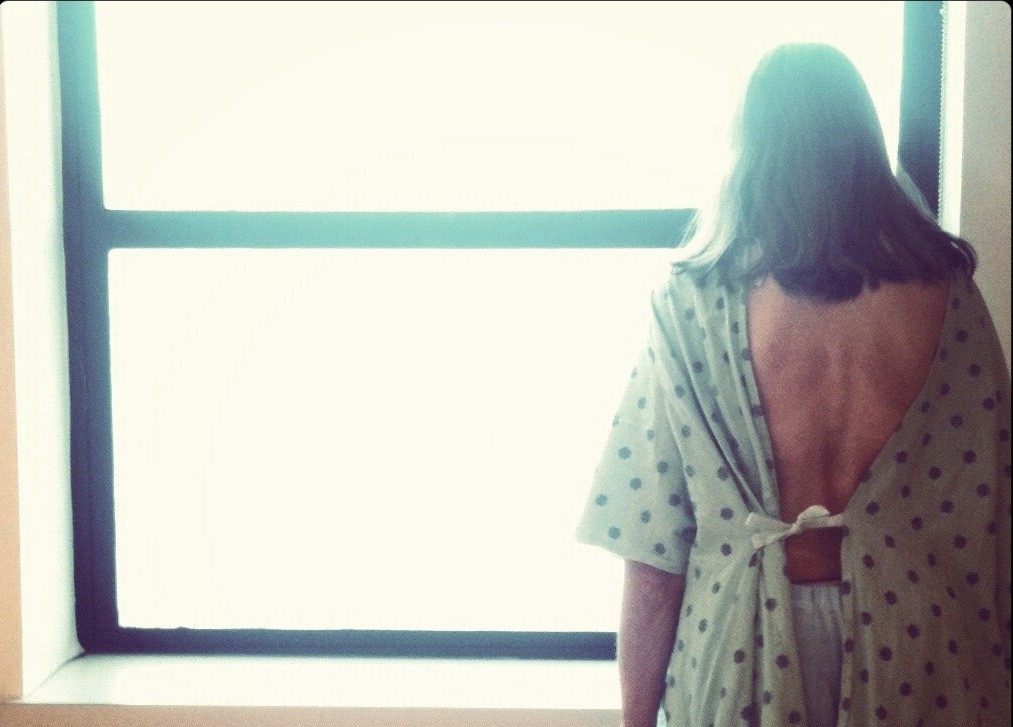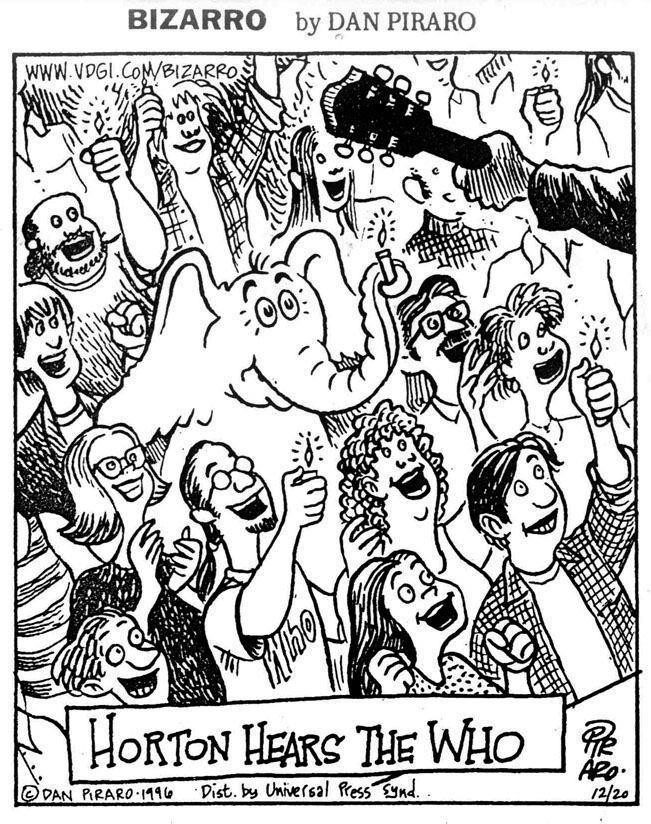Interviews
Will Spotify Kill the Local Music Scene?
Journalist Lizzy Goodman’s ‘Meet Me in the Bathroom’ may chronicle the last days of local music

For some indie rock fans, it’s a tired story by now: In 2001, the New York-based band The Strokes released their debut album, “Is This It,” and revived rock and roll, which had been overshadowed by glitzy pop and co-opted by grotesque alternative groups, such as Limp Bizkit and Korn, in the late ‘90s. The success of The Strokes, the narrative continues, paved the way for other refreshing guitar rock bands, such as Interpol, the White Stripes, the Yeah Yeah Yeahs, and The Killers, to thrive in a new era.
The most salient feature of The Strokes, a group of five tall, good-looking college age dudes, was their New York-ness. The essence of New York City, from the tight ripped jeans to the scraggy long hair to the rumors of their bad-boy misbehavior in the big city, was a big part of their DNA — and the band represented New York to the rest of the world, from California to London to places far beyond, where they would end up playing as their fame snowballed.
It wasn’t a coincidence that many of the other bands The Strokes inspired and were lumped together with were also from New York. The city went through a clear and special artistic moment in the early 2000s, the way Seattle had in the ‘90s (see Nirvana and Soundgarden), Detroit had in the ‘70s (see The Stooges, Ted Nugent and MC5), and New York had previously in the late ‘70s and early ‘80s (see The Talking Heads, Television, The Ramones and all the other bands that frequently played at the famed CBGB’s club).

This early-2000s moment and its aftereffects are chronicled in the book Meet Me in the Bathroom: Rebirth and Rock and Roll in New York City 2001–2011, published in May by journalist Lizzy Goodman. The book’s 600 pages are made up entirely of interviews with the musicians themselves, artists, rock journalists, bloggers, club owners, publicists and many others who belonged to the scene that helped prop up The Strokes and their ilk.
As the book jacket admits, it’s really more of an oral history, and Goodman’s voice is absent, save for a short introduction — but she masterfully collages the interviews to create a compelling narrative that is hard to turn away from (especially if one is at least a casual fan of the bands involved). Reading it feels like watching a long, uncensored documentary. Along the way, the reader gets a backstage peek into all kinds of partying and fun — like the first time LCD Soundsystem frontman James Murphy tried ecstasy or the time when Courtney Love hosted The Strokes on an MTV show and got so drunk she ran through the hallways naked.
Some of the book’s revelations, such as the rock songwriter Ryan Adams’ former heroin habit, are darker and have resonated in the real world. In the book, members of The Strokes portray Adams as a bad influence on the band during his days in New York and insinuated that he used to give Strokes guitarist Albert Hammond, Jr. heroin (Hammond, Jr. would later check into rehab in 2009 for his destructive habit). Adams lashed out at The Strokes with some strong words on Twitter in July.
But putting all of the fun and drama aside, Meet Me in the Bathroom raises a deeper and potentially distressing question for the modern age, in which all music lives and dies on the internet, and a band’s location has become an irrelevant footnote: Could the time the book has recorded go down in history as the last true site-specific musical moment?
Could the time the book has recorded go down in history as the last true site-specific musical moment?
Just before her introduction, Goodman provides a list of all of the people quoted in the text and gives that list an apt name: the “cast of characters.” As the book’s narrative progresses, it’s clear that the interactions of these characters in their specific settings — mainly the Lower East Side of Manhattan and a few years later Williamsburg, Brooklyn — undoubtedly influenced the creation and progression of bands such as The Strokes, Interpol, the Yeah Yeah Yeahs, Fischerspooner, The Rapture, LCD Soundsystem and The Walkmen. There was tacit competition between them all, or at least a desire by many to be as hyped or as in-synch on stage as The Strokes, whose legend quickly caught on like wildfire. They all hoped to play specific clubs (for The Strokes, who can now pack arenas, it was ironically the tiny Mercury Lounge) and passed out CDs at shows. And though it seems like an ancient practice compared to boosting ads on Facebook, they put up physical promotional posters around the city.
That’s not to say that these bands were not creative individuals: Interpol consciously decided to wear suits and play complex guitar lines; Karen O of the Yeah Yeah Yeahs chose to douse herself in olive oil before shows to escape into her rowdy stage persona; and, of course, they all wrote great music. But it is undeniable that they were all part of a larger sociological environment and phenomenon contained in New York City.
11 Books That Will Transport You to the NYC Demimonde
Today, competition between bands around the entire world takes place on online streaming platforms. Each group’s performance is laid bare, as listeners can see how many times each song has been played. Physical location consequently becomes a non-issue — why compete with the band in your city or town when you could be going after the band across a continent that plays the same genre but has more streams than you do? Why pine after playing at a specific club when your online performance, open to all like an embarrassing test score, dictates your success (since music ownership — and the revenue formerly generated from it — has become as archaic as a paper flyer)?
In today’s environment, a fan is at least as likely to find a new band online as she is at a local club that is part of her physical surroundings. Although the local scene is likely still an important stepping-stone for upstart bands in cities around the world, the goal of becoming a local phenomenon is less important — if not entirely irrelevant.
In one interesting passage of “Meet Me in the Bathroom,” former Spin editor Alan Light sounds unconvinced in the early 2000s that any of these bands will resonate with fans outside of New York City. “Does anyone outside of New York care?” he asks. It’s a reminder that music used to be much more of a local phenomenon, more akin to local news. The New York Times might still cover a small building fire that impacts a specific New York community that the Associated Press would not cover. But if Spin passed on the next Strokes of Spotify today, it would be committing music journalism suicide.

Light’s concern is less of an issue now because the internet works as a kind of open international capitalistic market and winds up defining what people everywhere are interested in. That still includes a huge range of music genres and artists, but there’s less of a need to speculate from armchairs when online performance is common knowledge.
(Of course, it is not a perfect “laissez-faire” market. Some portion of what people listen to is introduced to listeners through random factors, such as what songs your Spotify playlist generated for you with an algorithm on a certain day. And not all new music is available on Spotify, though it is certainly trending that way. See the example of Taylor Swift, who held most of her catalogue off of Spotify for a few years before putting it back on this summer.)
It can be tempting to say that a local scene never mattered all that much in the long run. Just last month, members of The Killers stated in an interview that there hasn’t been a real rock band that has become as big as they have in several years now because the bands currently out there are “just not good enough yet.”
It can be tempting to say that a local scene never mattered all that much in the long run.
“It could happen — but there hasn’t been anybody good enough,” singer Brandon Flowers told Vice. “If there was a band like the Strokes, or Interpol, people would talk. [Points outside to Brooklyn] If there were some kids out there right now playing ‘Obstacle 1’ tonight, I would hear about it, you would hear about it. But there isn’t.”
The Killers are portrayed as underdogs in Goodman’s narrative. They are transparent about their intense ambitions to be bigger than The Strokes, who were their idols. They were working class guys who toiled service industry jobs and grinded away at their craft, writing and throwing away songs for a long time before settling on a group that would become their first album.
But most importantly, they come together in Las Vegas, which is about as far — physically and culturally — as one can get from New York City. They are included in the book because they are a necessary inclusion in a history of rock in the first decade of the 2000s, not because of any real connection to New York. They have a chip on their shoulder for not being as “cool” in a sense as their rival New Yorkers, but location means less to them, as it appears from that quote in Vice.
Support Electric Lit: Become a Member!
Or is the quote a little more complicated? It may seem like Flowers praises songwriting quality over everything else, but ultimately, he points outside to the trendy Brooklyn neighborhood Vice is still situated in. If a band like The Strokes was playing out there, he says — specifically in Brooklyn, the new starting point for bands in New York — it would help us all hear about them. It’s as if he is additionally saying, “Most bands still need to come through New York. You need to be good, but you still also need to come through New York.”
It’s still difficult to predict whether the online streaming revolution will eventually render the concept of a local scene entirely irrelevant. It’s hard to think of a music industry without all of the human elements of a city or community playing a role. It’s tough to imagine a world in which young musicians don’t flock to New York City for their big break. It’s sad to think of The Strokes and everyone else in Goodman’s book writing music on their computers, spread across the country in random locales. The world of rock might be less interesting without it.








